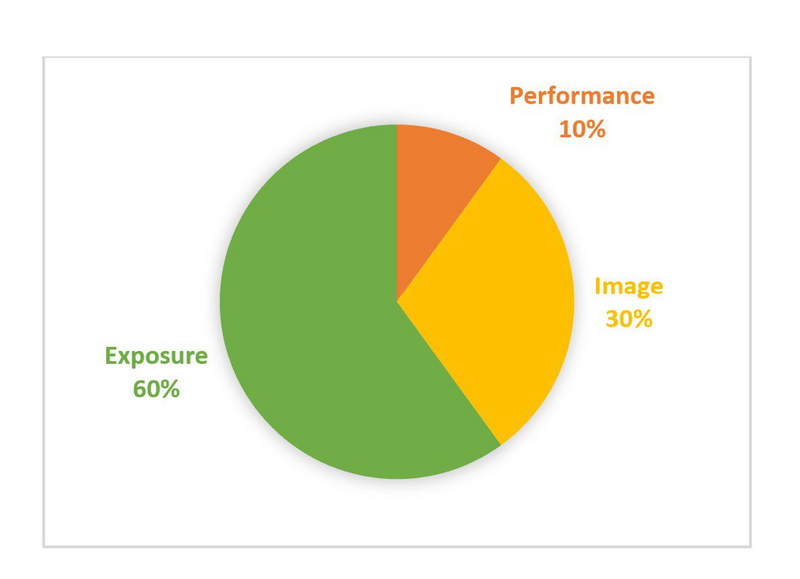 Photo by Rattanakun via Canva
Photo by Rattanakun via Canva
Have you ever heard the saying, "It’s not what you know, but who you know"?
Sounds weird, right? We all know that having knowledge and skills matter, but your connections and your network matter just as much.
It's not about being popular, but about building and maintaining real relationships that create the strong social capital you need to support your career journey.
Let's define what social capital is, and how it can help you achieve your career goals.
What is social capital?
Social capital refers to the benefits you gain from building strong, positive relationships with others. It’s about the relationships that we have with people that create trust and a willingness to help one another.

Still not sure what social capital really means? Or maybe you’re thinking, "I just finished school" or "I'm just starting my career", so this doesn't apply to me.
The truth is, it does.
Here are some everyday examples of social capital in action:
Telling a friend about a job opening you heard about
Organizing a local community or charity event
Helping a classmate prepare for an exam or interview
Let's see why social capital is important for your career goals.
1. It's a career strategy that works!
When we think of career strategy, we usually focus on graduating from a top university, building a strong résumé, or learning new skills.
All of these are important, but one of the most powerful and overlooked strategies is building your network.
Building social capital is a smart career move because it can:
Give you access to people and resources you normally would not have access to.
Open doors to new opportunities, which often come through people, not necessarily through job postings.
 Photo adapted from Freepik
Photo adapted from Freepik
2. You'll move forward by learning from others.
As you grow in your career, you don’t have to do it alone. Mentors, teachers, coaches, and even friends can offer advice or share real-life experiences that can help you avoid common mistakes they may have made.
 Photo by Desola Lanre-Ologun via Upsplash
Photo by Desola Lanre-Ologun via Upsplash
This is another smart career move because one of the fastest ways to grow is to learn from someone who has already done what you are trying to do.
Example of social capital in action:

Madison has completed her graduate program in design and technology and wants to start freelancing as a graphic designer. She’s unsure how to get started, so she reaches out to her professor for help. Her professor offers advice and helps her improve her portfolio so she can better offer her services.
3. You'll increase your visibility to others.
When you show up, do your best, and share your wins, people start to notice. Your network sees your efforts, your strengths, and your potential, and they talk about it. That visibility can lead to internships, promotions, recommendations, and even scholarships.
Career experts state that visibility accounts for 60% of your success, while image is 10% and performance is only 10%.
 The P.I.E. Theory of Success - Harvey J Coleman
The P.I.E. Theory of Success - Harvey J Coleman
Social capital helps you build a reputation anda personal brand. And the more you’re seen as someone who adds value, the more opportunities will come your way.
4. It creates opportunities to give back.
Think about the people who’ve helped you, either by giving you advice, sharing opportunities, or encouraging you.
Social capital is not about using people. It's about building trust, giving back and paying it forward for others.

Examples of social capital in action:
Volunteering to be a tutor in a subject that you're great at.
Sharing a friend's meaningful content on LinkedIn to increase its visibility.

Quiz time!
Your friend Jamie says, “Social capital only matters if you’re already successful or if you're trying to be an influencer.”
Which of the following is the best response to help Jamie understand the value of social capital?
A. Yes, it’s only useful for people who are already established in their careers.
B. No, social capital is valuable for everyone because it’s about having meaningful relationships, not experience or followers.
C. Yes, social capital mostly helps people with big job titles or public roles.
D. No, it only matters if you’re focused on building a personal brand or social media presence.
Quiz
Which of the following is the best response to help Jamie understand the value of social capital?
Take Action
 Photo by Amanalang in Canva
Photo by Amanalang in Canva
You now have an understanding of the importance of social capital in helping you achieve your career goals. Use these steps to strengthen your path to success:
Your feedback matters to us.
This Byte helped me better understand the topic.
